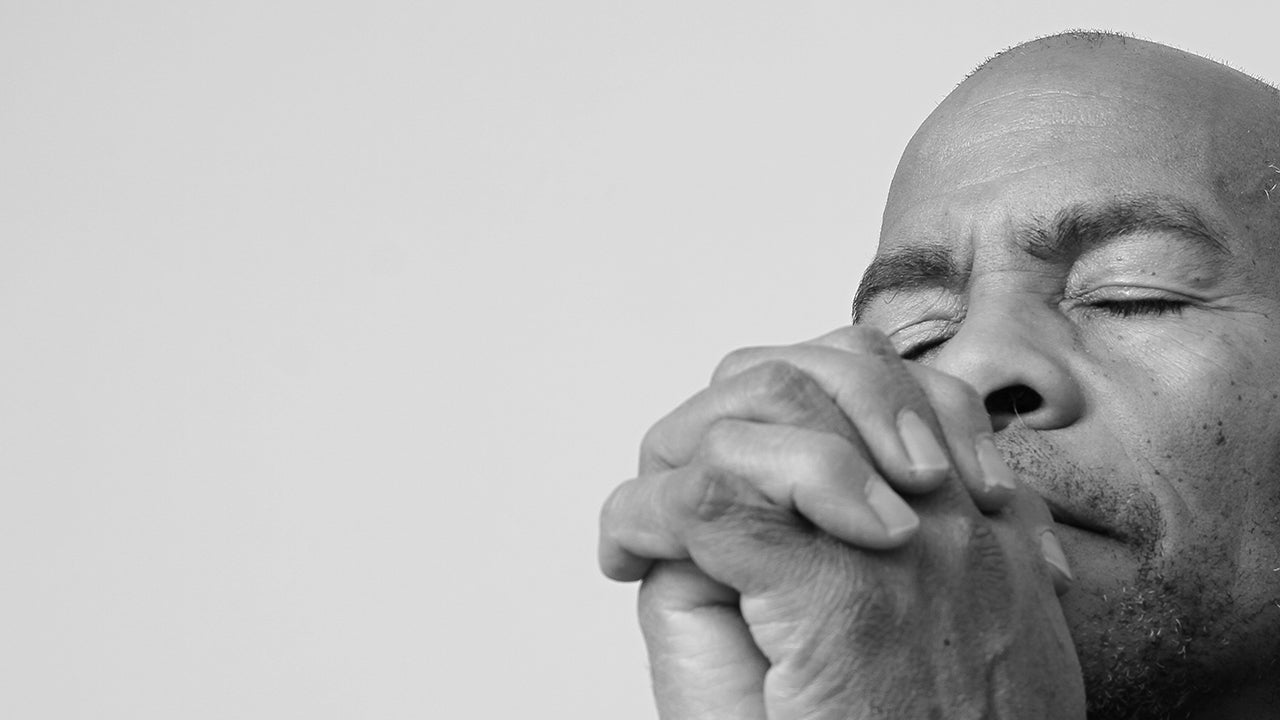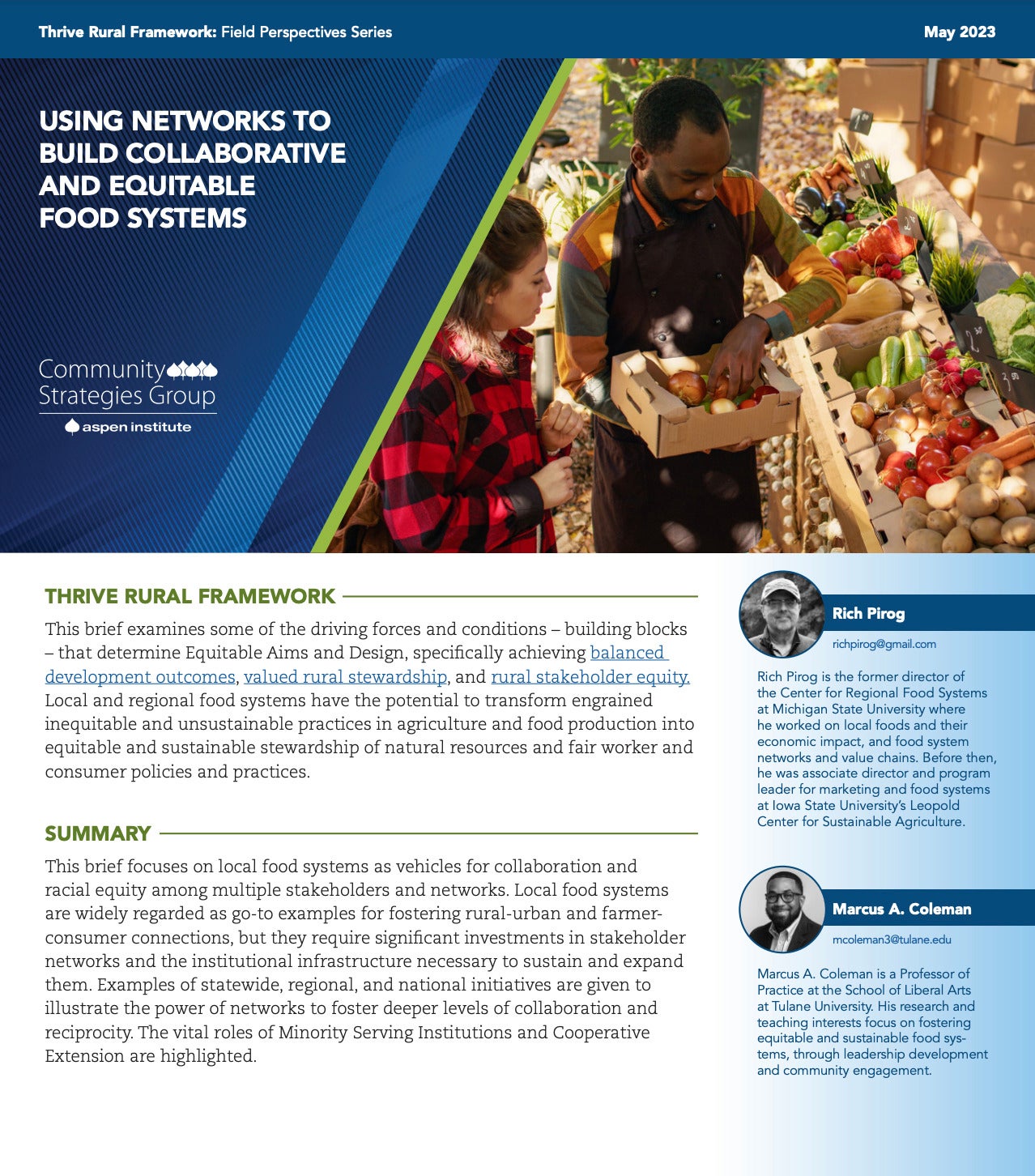Food justice recognizes the food system as “a racial project and problematizes the influence of race and class on food production, distribution and consumption of food.” Today, this grassroots initiative that emerged from communities in response to food insecurity and the economic pressures that prevent access to healthy, nutritious, culturally-appropriate food, has taken on new urgency.
To meet that urgency, the Institute’s Food & Society program and Share Our Strength recently joined forces to launch Conversations on Food Justice. This series examines the roots and evolution of the food movement and how it intersects with race and class, as well as health, educational, and environmental inequities. Conversations feature a multitude of diverse voices to discuss the consequences of unequal food access, and how the food justice movement can be a catalyst for equity.
The roots of food justice go back to the founding of the United States, but the movement as it now exists began to take shape in 1962. That year the Mississippi Board of Supervisors voted to cut funding for the Federal Surplus Commodities in what came to be known as the Greenwood Food Blockade. Devita Davison, executive director of FoodLab Detroit, notes that the program was vital to sharecroppers and farmers at the time. It provided a source of essentials such as meal, flour, and powdered milk to 90 percent of Black people during the winter months. The blockade was instigated as part of a wider effort to disenfranchise Black communities in the South and prevent them from political participation. These communities sought instead to feed themselves through mutual aid and solidarity—underlining the connection between food justice and political participation.
The food justice movement took a significant step forward in 1969 when the Black Panther Party launched the Free Breakfast for Children Program at a church in Oakland, California. The program was launched in direct response to the hunger and poverty in the area that made it difficult for children to attend school. The success of the program was related to the dedication of unpaid party members who worked with parents and local businesses to ensure children had nutritious foods to carry them through lunch. Businesses donated food, and allies launched their own programs. By the end of the year, the breakfast program quickly spread to cities across the United States. The Free Breakfast for Children Program garnered national attention, leading Congress to increase funding for the National School Lunch Program and expand the breakfast program to all public schools. Out of the 64 community programs the Black Panthers launched, food was a part of every single one.
In the inaugural Conversation on Food Justice, Davison was joined by Ericka Huggins, human rights activist, poet, educator, and former Black Panther leader, and Norbert Wilson, professor of food, economics, and community at Duke Divinity School at Duke University. Watch and listen to their exchange on what the Black Panthers’ programs inspired—and why renewed efforts are so needed today.
The Conversations on Food Justice Series is free and open to the public. Live, one-hour discussions take place about every six weeks.


